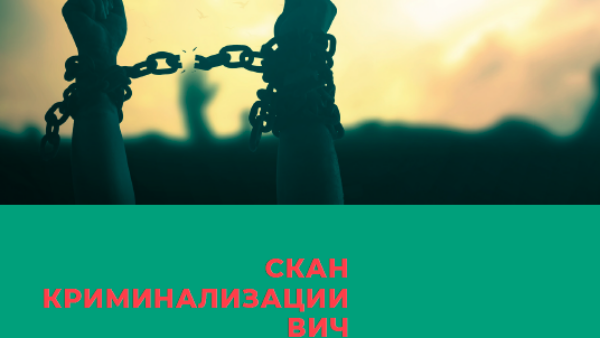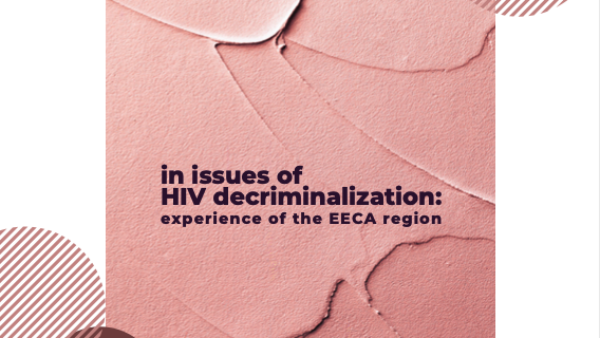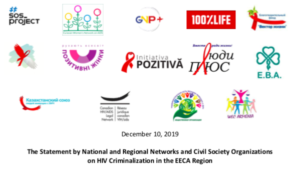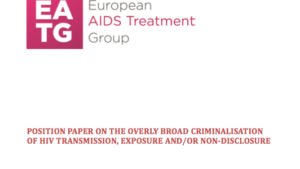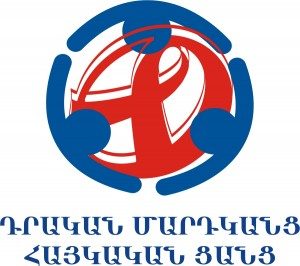Overview
Armenia criminalises HIV transmission through HIV-specific provisions in the Criminal Code 2021. This Code replaced the Criminal Code 2006, which criminalised both HIV transmission as well as perceived ‘exposure’.
Although the 2021 Code retained the criminalisation of HIV transmission, several changes were made as a result of advocacy by Armenian and international civil society organisations. Firstly, the new Code removed the offence of ‘danger of infection’ (exposure) which was criminalised under the 2006 Code with a penalty of up to one year. Furthermore, the 2021 Code separates intentional and reckless transmission into different provisions carrying distinct penalties, while the 2006 Code conflated these into a single offence carrying the same penalty, meaning that the maximum sentence could be imposed even in absence of intention. While civil society advocated for a disclosure exemption, which was included in a draft Code, this was not incorporated into the approved law.
Article 177 of the 2021 Code criminalises anyone who transmits HIV to another with a penalty of up to five years’ imprisonment. Where transmitted to a pregnant woman, the ‘helpless’ (sic), or a minor, the penalty is increased to four to eight years’ imprisonment.
Further, Article 178 criminalises careless infection of HIV to another with a penalty of up to three years’ imprisonment. The penalty is increased to two to five years’ imprisonment where HIV is carelessly transmitted to the same categories of person identified in Article 177.
As was the case in the 2006 Code, the penalties for transmission of HIV are significantly higher than those imposed for the transmission of other sexually transmitted infections (under Articles 179 and 180).
In its 2018-2022 Criminalisation Scan in Eastern Europe and Central Asia, the Eurasian Women’s Network on AIDS (EWNA) reported that there were 13 prosecutions, resulting in seven convictions, under the 2006 Code from 2009 until it was superseded in 2022. There are no known prosecutions under the 2021 Code, in force since July 2022.
We have received two reports of HIV criminalisation. In 2018, a female sex worker was charged with alleged HIV transmission to seven men while receiving treatment for HIV. In 2019, a criminal investigation was launched after a child tested positive for HIV, while both parents tested negative. Both cases were investigated under Article 123 of the 2006 Code, however the outcome of these cases are not known.
Laws
Criminal Code of the Republic of Armenia
Article 177. Infection of a person with human immunodeficiency virus
1. Infecting another person with the human immunodeficiency virus is punished with imprisonment of up to 5 years.
2. The committed action envisaged in part 1 of this Article, which was committed:
1) in relation to a pregnant woman
2) to the helpless or
3) in relation to a minor
is punished with imprisonment from 4-8 years.
Article 178. Careless infection of a person with human immunodeficiency virus
Infecting another person with the human immunodeficiency virus with criminal self-confidence is punished with imprisonment of up to 3 years.
The committed action envisaged in part 1 of this Article, which was committed:
1) in relation to a pregnant woman
2) to the helpless or
3) in relation to a minor
is punished with imprisonment from 2-5 years.
Criminal Code of the Republic of Armenia
Article 123. Infecting with HIV.
- Subjecting another person to the obvious danger of infection with HIV, is punished by a fine of up to one hundred up to two hundred fifty times the minimum wage or by detention for the term of up to two months, or imprisonment for the term of up to one year.
- Infecting another person with HIV intentionally or self-confidently, by another person who was aware of their HIV status, is punished with imprisonment for the term of up to 5 years.
- The committed actions envisaged in part 2 of this Article, which was committed:
1) in relation to 2 or more persons;
2) in relation to a minor,
3) in relation to a pregnant woman, are punished with imprisonment for the term of 3 to 8 years.
Further resources
Authors: Eurasian Women’s Network on AIDS (EWNA)
Regional HIV criminalisation report that summarises the law and prosecution data in each country in the EECA region.
HIV Justice Network's Positive Destinations
Visit the Armenia page on Positive Destinations for information on regulations that restrict entry, stay, and residency based on HIV-positive status, as well as access to HIV treatment for non-nationals.



